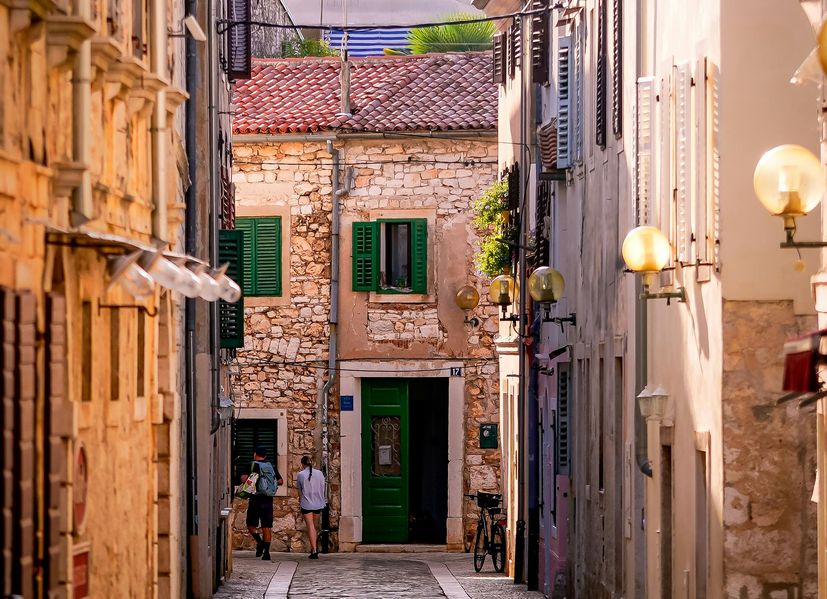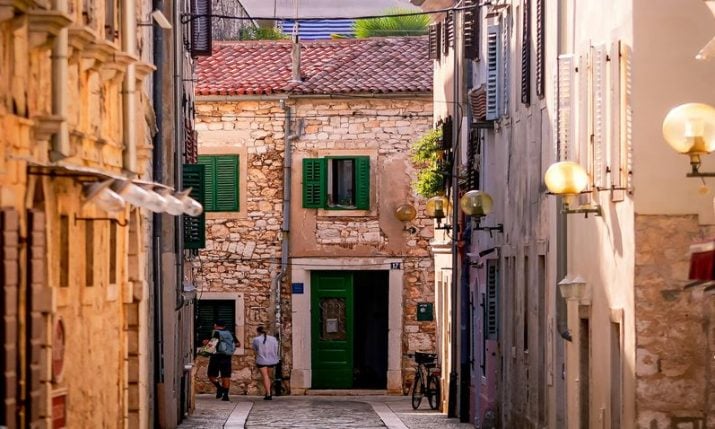by croatiaweek
July 12, 2025
in

Foreign buyers cooling on Croatian property
Foreign interest in Croatian real estate is on the decline, according to the latest figures from the Tax Administration and insights from property experts.
After years of growth, the number of foreign buyers has been dropping for two consecutive years, with 2024 continuing the downward trend, Jutarnji.hr reported.
In 2022, a record 13,344 properties were purchased by foreign individuals and companies, making up around 9.7% of all real estate transactions.
That year saw a total of 137,386 property sales.
However, in 2023, foreign buyers accounted for 12,278 transactions (8.93% of the market), and the downward trajectory has continued in 2024, with only 11,623 properties sold to foreigners, a 12.9% drop from the peak in 2022.
Interestingly, 2024 also saw a notable rise in transactions involving agricultural land, reaching 2,379, a significant increase compared to previous years.
Overall, the first half of 2024 recorded 57,095 transactions, of which only 4,355 involved foreign buyers, pointing to a continued slowdown.
Experts attribute this cooling to several factors.
Karlo Jurić, a real estate investment analyst at Colliers, told Jutarnji.hr that cites rising property prices, the return of competitive markets like Spain and Portugal, and uncertainty around legal and tax frameworks as key reasons.
Additionally, economic slowdowns in major source countries such as Germany and Austria appear to be impacting buyer confidence.
Foreigners, particularly Germans, Austrians, and Slovenians, have traditionally made up between 20% and 30% of residential property purchases, especially along the Croatian coast.
However, the current climate has led to slower sales, more selective demand, and price stagnation for older or less maintained properties.
While attractive new developments continue to perform well, the market is clearly entering a more cautious phase.
Should this trend persist, Jurić warns, the number of foreign buyers may continue to fall, and the overall number of transactions could decline further.
The big question now is whether domestic demand can fill the gap.
With rising loan costs and limited household budgets, the challenge lies in maintaining market stability while ensuring long-term sustainability.
